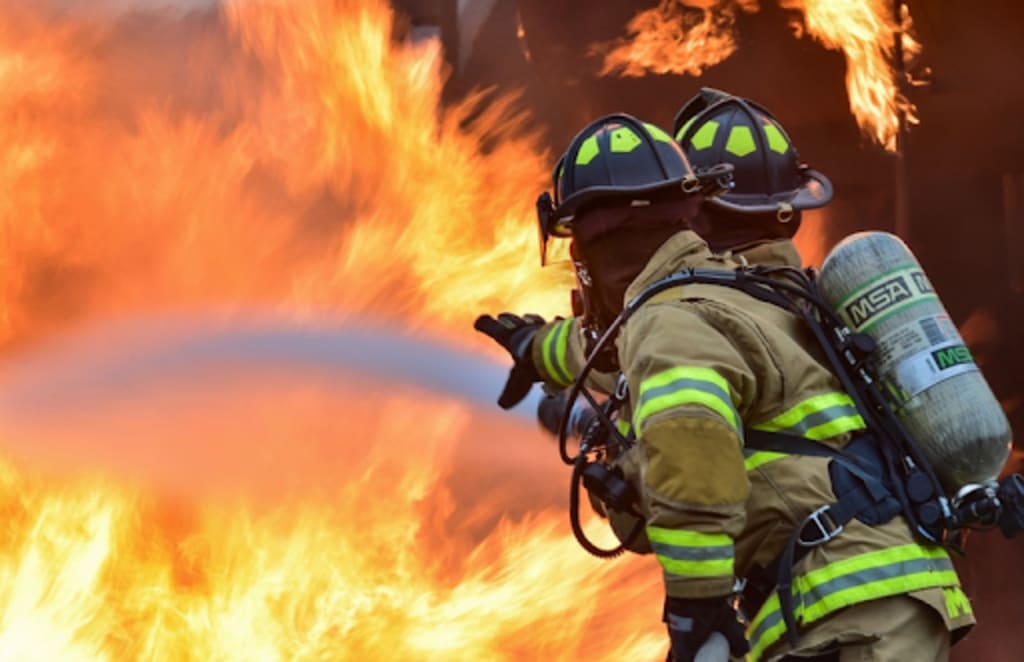Ways of Handling Emergencies
fire watch services

Fire outbreaks can cause devastating damages to property or even loss of lives in offices, homes, and market places. It is, therefore, imperative to equip yourself with the right equipment and knowledge on how to respond to fire outbreaks. Though many fire victims act on impulse due to tension, knowing what to do during fire outbreaks can help you to avoid pressure and take the correct measures to save lives and property. Here are several ways of handling fire emergencies at home. Check them out.
• Start the fire alarm.
This is the most convenient way of alerting all members in the house once you detect fire. Some fire watch guards are, however, automated, and you don’t need to activate them manually. They are loud enough to reach and signal anyone in the house of the danger in the home as soon as they detect fire. This will allow them to escape safely. In case you don’t have an automatic fire alarm within the building, you can always try to improvise if getting to the manual alarm will jeopardize your life. A good way of improvising is perhaps using car alarms, physically alerting people by shouting, and many others. Remember the main idea is to get people aware of the fire but not always the means to do that.
• Evacuate the building
After hearing the fire alarm, you need to move all members out of the building immediately using the emergency exits available. Close all the entries to the affected building as you continue with the evacuation. No one should re-enter the building unless they belong to a fire watch service. In case you have people trained in handling such situation, you can also encourage them to take the lead in evacuating people from the building. Also try to have first-aid people ready just in case of accidents. Remember the point is evacuating lives and still preserving it. Although some properties are also crucial for the continuity of a business, priority needs to be given to people and then afterwards the issue of property can be looked into.
• Call for fire emergency services.
As you continue with the evacuation, you need to call for services of fire emergency unit. The National Fire Protection Association (NFPA) requires you to have your property covered by at least one fire watch service provider to provide you with both temporary and long-term fire security services. During the call, ensure that you give the most convenient information regarding your real identity, location, the nature of the emergency, and so on. The information you give out will determine how effective they will respond to your emergency. Therefore, consider giving as much information as possible as this will enable the response team to be effective in their decisions.
• Make use of the initial response.
As you wait for the services of the fire officers, you can use the initial response to put off or reduce the effects of the fire using the initial response. The initial response is, however, limited to the size of the fire, its location, and so on. For instance, you can use a fire extinguisher to put off a small fire. You will, however, need expert services where the fire is located in a critical area of the building or if it is a large one.
Fire spreads in seconds, and its effects are undesirable. Ensure that your property is covered by fire watch service providers who will always be there for you in case the fire outbreak cannot be put off using the initial response. This way, you will be able to save a lot of property and lives which otherwise would have been lost.






Comments
There are no comments for this story
Be the first to respond and start the conversation.